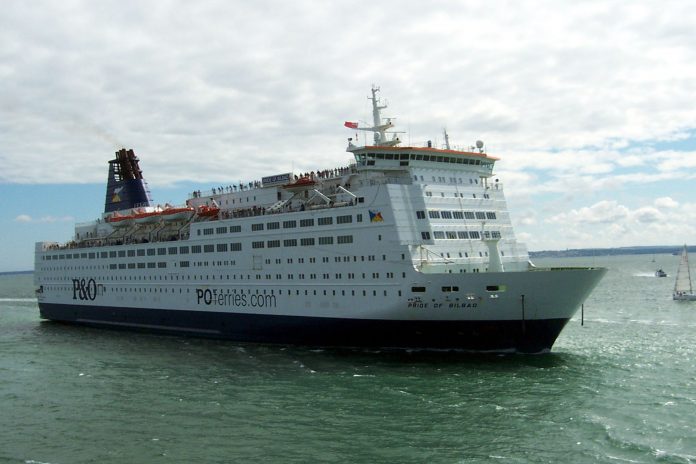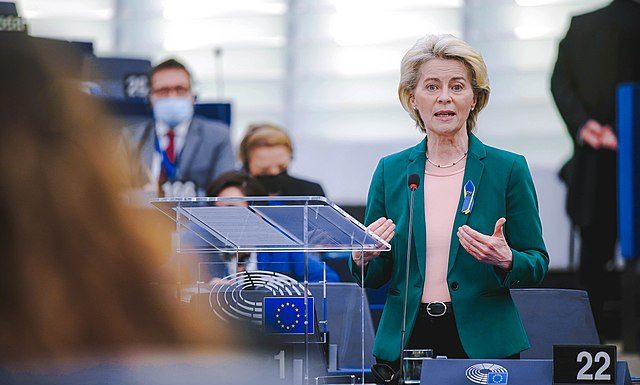
By Ján Figel, the former European Commissioner for Innovation, Research, Culture, Education and Youth between 2004 and 2009. The article was reviewed and edited by Pieter Cleppe.
Change is an indication of the presence of life. In the past, winners were those that would survive changes. Today and in the future, winners are those shaping the necessary changes.
In 2010, I became a minister responsible for the largest economic assets controlled by the Slovak Government, that are also an important part of my country’s economy: transport, postal services, telecommunications, construction industry, regional development, tourism. After the global financial crises of 2008-09, everything was in turmoil, hit by economic decline and related socio-political problems.
Apart from legislative work, I was responsible for 15 state-owned companies, accounting for approximately 15% of Slovakia’s GDP. These all depended on swift and performant decisions. CARGO Railway Company, for example, was almost bankrupt. I remember I was holding months of long and intense talks with bankers over the future of the company. The company’s losses were enormous, reaching 600 million euros. Imminent collapse and bankruptcy threatened if aid was not provided urgently.
After two hard months of deliberations, banks expressed their trust into a large program of corporate and sectoral restructuring. We guaranteed that the costs and processes for this would be handled efficiently, that there would be sound economic policies and new commercial activities going forward, thereby however cutting down on employment and social benefits. This amounted to a significant cost reduction and the start of innovative modes of transportation.
At the time, I was severely attacked for this by the opposition and by trade unions. However, a transport company operating in the single market can not function as a social, care taking institution. Then this company, which was under my indirect responsibility, managed to turn its unbearable red numbers into black figures the next year. Profits reached 120 million euro and 122 million euro in 2012!
Contemporary challenges
This experience came to my mind when I looked into the challenges of P&O Ferries. Its financial situation is clearly not sustainable, due to heavy burdens caused by two years of COVID, and following the arrival of competitive forms of transport that have been around for a long time now – low-cost airline carriers and Eurotunnel. P&O Ferries has been suffering a 100 million pounds of losses last year.
Therefore, I am convinced that the thorough decisions taken by the company board and management, as well as its owner DP World, are both necessary and promising. They combine managerial innovation and social sensitivity. These changes, announced in mid-March, are part of DP World’s wider plan to support P&O Ferries, to deliver the best for customers across freight and tourism industries. As a result, the company will be able to invest into the future, for example through its purchase of new ships with a total value of £220M. New, more flexible crewing models should furthermore help the company to become resilient, competitive and sustainable.
As part of the process, P&O Ferries had to take the very difficult decision to provide 800 seafarers with immediate severance notice. This came urgently, without consultation, affecting the lives of many families. Usually, this is the most sensitive part of any private, public or state company’s turnaround. We all know it. To avoid that the majority of the jobs, amounting to 2,200 jobs, would be at risk, and to fairly compensate and help the minority, is unquestionably a more responsible course than to suffer bankruptcy and the demise of the whole of this old British company.
These changes will hopefully make P&O Ferries viable again. It is important for customers in the North and Irish Seas and for those crossing the Channel as well. Restructuring of traditional companies is never simple or easy. However, a responsible, balanced and timely company overhaul process is ultimately something that benefits the many.
Disclaimer: www.BrusselsReport.eu will under no circumstance be held legally responsible or liable for the content of any article appearing on the website, as only the author of an article is legally responsible for that, also in accordance with the terms of use.












